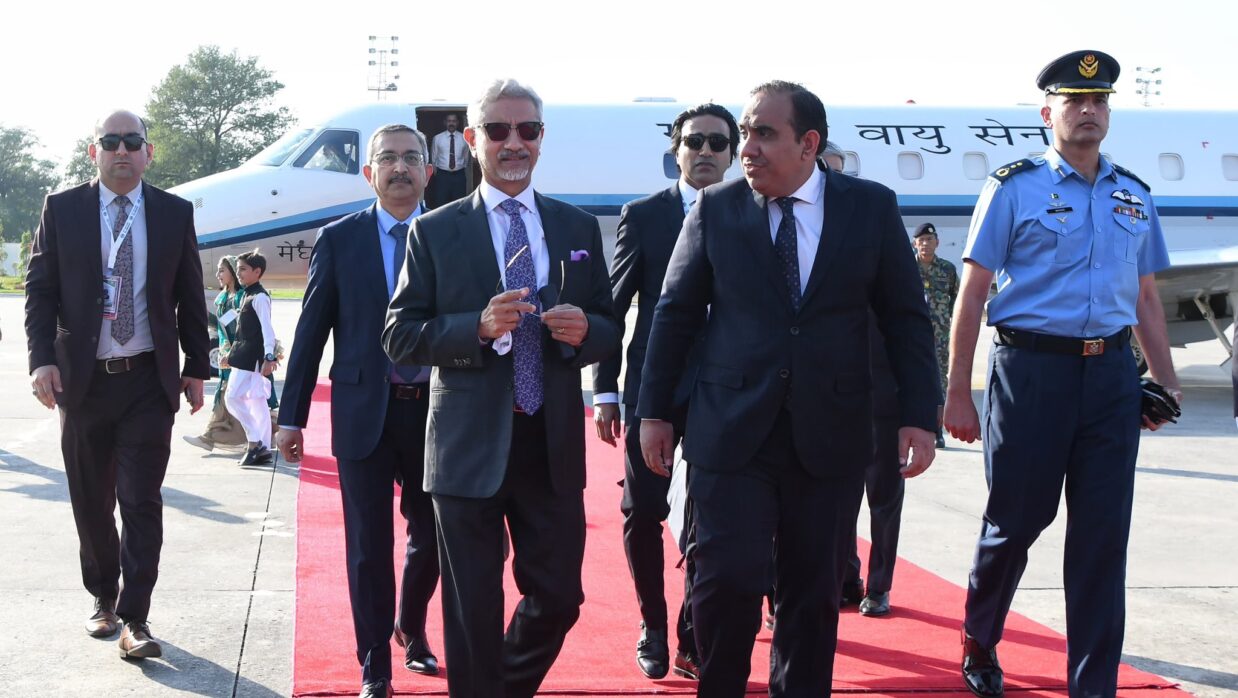
The Shanghai Cooperation Organization (SCO) summit in Pakistan marks a significant milestone for regional diplomacy, particularly for the relationship between two key neighbors—Pakistan and India. This summit, with India’s Foreign Minister S. Jaishankar attending the Heads of Government meeting, has the potential to shift the dynamics between the two nations, often locked in conflict. As both countries find themselves at the crossroads of economic cooperation, security concerns, and regional stability, the summit offers a unique opportunity to transcend historical grievances and embrace dialogue as a means of reconciliation.
The significance of this summit cannot be overstated. For decades, Pakistan and India have navigated a complex web of hostilities, political tensions, and mutual suspicion. This summit comes at a time when regional stability is of paramount importance, not just for the two nations but for all SCO member states. With China and Russia playing a prominent role in the organization, Pakistan and India have an opportunity to use this platform to recalibrate their diplomatic approaches and foster a more cooperative relationship.
Jaishankar’s presence at the summit sends a strong signal of India’s willingness to engage, at least on multilateral platforms. This is not only a positive move for the optics of regional diplomacy but also suggests that India recognizes the importance of constructive dialogue with Pakistan. Pakistan, in turn, welcomes this gesture and sees it as an opportunity to break the ice that has thickened over years of stagnated communication.
One of the major hindrances in Indo-Pak relations has been the insistence on conditional negotiations. Time and again, attempts at diplomacy have been marred by preconditions from both sides. Whether it’s India’s demands for action against alleged terrorism originating from Pakistan or Pakistan’s concerns over Indian involvement in cross-border subversion, these issues have become roadblocks to meaningful dialogue.
However, as this summit underscores, such preconditions are counterproductive. Both nations must recognize the futility of these demands and acknowledge that dialogue, even without preconditions, is essential. The expectation that certain issues must be resolved before talks can happen has only prolonged the stalemate. By attending the SCO summit, India is showing a pragmatic shift, and Pakistan, too, has consistently signaled its openness to dialogue. The summit could act as a bridge, encouraging both nations to sit together and identify avenues for cooperation.
Pakistan and India must also recognize the indispensability of their relationship. As neighbors with shared histories, economic dependencies, and mutual security interests, both countries are important to each other’s future. The escalation of hostilities only undermines this interconnectedness. Pakistan has been particularly open to acknowledging the importance of maintaining peace with India, understanding that any conflict affects not just the two countries but the entire region.
India, too, has valid concerns. Cross-border terrorism has been a thorn in its security strategy, particularly in Kashmir. Pakistan must address these concerns seriously, but this should not be a condition for dialogue. Kalbhushan Jadhav, an Indian national caught in Pakistan for espionage, is one such example of how Indian elements have been involved in destabilizing Pakistan. Despite this, Pakistan continues to call for peaceful negotiations, understanding that resolving such issues through dialogue is more productive than through accusations.
By attending the SCO summit, both nations are signaling their willingness to engage, albeit indirectly. The next step is to translate this engagement into a series of initiatives aimed at addressing both countries’ concerns, particularly in the realm of security. A cooperative approach to counterterrorism, rather than one filled with accusations, would benefit both sides.
As the summit unfolds, the world watches to see how Pakistan and India will navigate this rare opportunity for diplomacy. The game-changing potential of the SCO summit lies in its ability to foster a climate of trust, one that can lead to substantive negotiations on key issues like terrorism, economic cooperation, and regional peace. The dialogue does not need to resolve everything at once. However, it must start somewhere, and this summit can be the catalyst for that long-overdue conversation.
Ultimately, both Pakistan and India stand to gain much from a cooperative relationship. The world has changed dramatically, and old hostilities no longer serve the interests of either nation. The SCO summit provides a platform where new thinking can emerge, where both countries can envision a future built on mutual respect and shared goals. As indispensable neighbors, their futures are intertwined, and it is time to chart a path forward that reflects this reality.
